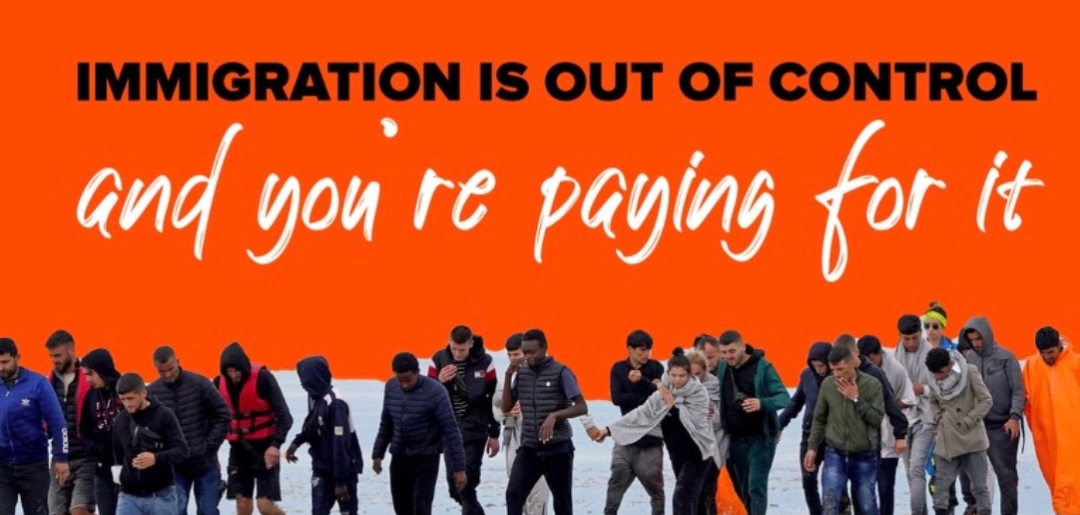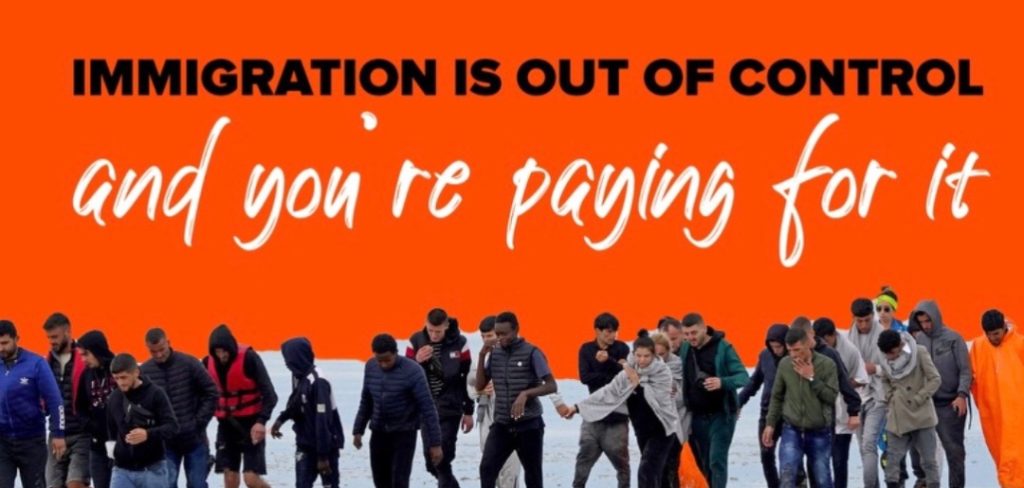
The Supreme Court in London has ruled that the government’s plan to deport illegal migrants to Rwanda is unlawful. The verdict was met with praise from human rights advocates and legal experts who argue that it upholds the principles of the rule of law. This was revealed by Sky News.

Toufique Hossain, the Director of Duncan Lewis Solicitors, addressed the media outside the Supreme Court, emphasizing the significance of the ruling. “Today is not just a victory for them, but a victory for the rule of law,” Hossain declared, highlighting the broader implications of the decision on the government’s immigration policies.
The legal battle centered around the government’s controversial plan to deport illegal migrants to Rwanda, a move criticized for its potential violation of international human rights standards. The Supreme Court justices unanimously declared the plan as unlawful, citing concerns over the lack of safeguards and the potential for the violation of the rights of those being deported.
The ruling is expected to have far-reaching consequences for the government’s immigration policies, forcing a re-evaluation of the legality and ethical considerations surrounding the deportation of illegal migrants. Advocates argue that the decision underscores the importance of respecting human rights and due process, even in the context of immigration enforcement.
The government’s Rwanda plan faced vehement opposition from various human rights organizations, which raised concerns about the safety and well-being of the individuals being deported. Critics argued that sending individuals to a country with a questionable human rights record could expose them to harm and undermine their right to seek asylum.
The Supreme Court’s decision aligns with the broader global conversation on immigration policies and the treatment of vulnerable populations. It reinforces the idea that governments must adhere to legal standards and human rights principles when formulating and implementing deportation plans.
As the ruling reverberates through legal and human rights circles, it prompts a reflection on the balance between national security concerns and the protection of individual rights. The court’s judgment sends a clear message that even in the pursuit of immigration enforcement, governments must operate within the bounds of the law and international human rights norms.
The decision also highlights the crucial role of the judiciary in upholding the rule of law and acting as a check on executive power. Legal experts anticipate that this case will serve as a precedent, influencing future legal challenges against government deportation plans and shaping the parameters within which immigration policies are crafted.
The Supreme Court’s declaration that the government’s Rwanda deportation plan is unlawful marks a significant victory for human rights and the rule of law. The decision underscores the importance of striking a balance between immigration enforcement and the protection of individual rights, setting a precedent that will undoubtedly shape the trajectory of future legal battles in the realm of immigration law.




